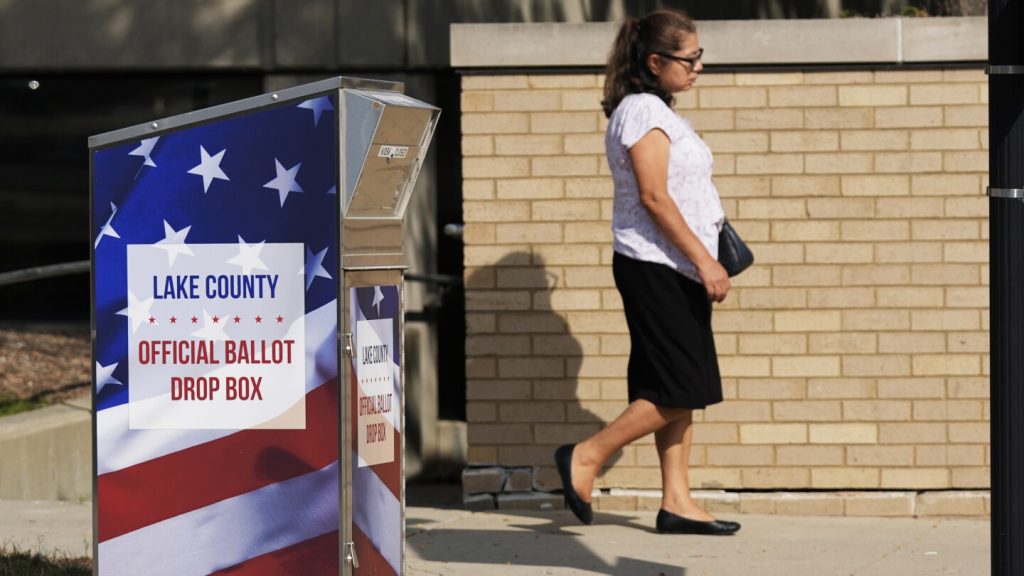The U.S. Electoral College system has been criticized for disproportionately giving power to a few swing states during presidential elections, forcing campaigns to focus their attention and resources on these states. American voters do not directly choose the president through the popular vote, but rather vote for a slate of electors who will then cast their votes for president and vice president in December. This has resulted in situations where candidates can win the presidency without winning the nationwide popular vote, as seen in the 2016 election where Donald Trump won despite losing the popular vote to Hillary Clinton.
The Electoral College system, unique to the U.S., allocates electors to each state based on its representation in Congress. This benefits smaller states and leads to presidential campaigns heavily targeting swing states where the outcome is uncertain. Candidates must win a majority of the 538 total electoral votes to secure the presidency, with most states using a winner-take-all system where all electors vote for the popular winner in the state. This year, the presidential battleground states — Arizona, Georgia, Michigan, Nevada, North Carolina, Pennsylvania, and Wisconsin — represent a significant portion of the country’s population and have been the focus of campaign efforts.
The focus on swing states has led to the neglect of other states, leaving many voters feeling overlooked in the presidential contest. Places like Waukegan, Illinois, which has struggled economically and socially, receive little attention from presidential candidates due to their reliably Democratic voting patterns. Residents in places like Waukegan express frustration with the Electoral College system, feeling that it gives greater weight to the votes of certain demographics while discounting others. This sentiment is echoed in other areas that are often bypassed by presidential campaigns, leading to a sense of disconnect from the national political conversation.
As the 2024 election approaches, the issue of the Electoral College and its impact on the campaign trail remains a point of contention. While swing states continue to receive significant attention and resources from presidential candidates, other areas like Waukegan, Illinois, feel left out and wish for more recognition from those seeking the highest office in the country. The lack of direct representation in the presidential election process has raised concerns about the fairness and inclusivity of the system, prompting calls for reform or reconsideration of how the president is elected in the U.S.
The Electoral College’s influence on the presidential election process has drawn scrutiny from observers both in the U.S. and around the world. The system sets the stage for campaigns to prioritize swing states and overlook other areas, leading to a sense of exclusion among voters in non-swing states. As the debate over the Electoral College continues, questions are raised about its impact on democracy and the representation of all voters in the presidential election. Efforts to address these concerns and promote a more equitable and inclusive election system may shape the future of presidential campaigns and the way presidents are elected in the U.S.














